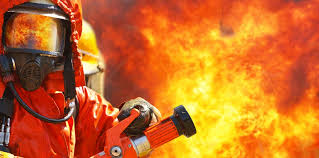In Noida, the number totals up to 50 whereas in Gurugram, 44 high-rises are yet to receive it.

It is still a dream for many to own a flat in high-rise but for those who are already residing in such condominiums across NCR, the issues and ordeals are endless. Fire-related incidents are one of them.
Recent ones, occurred in Indirapuram’s Saya Zenith and Regalia Heights, have raised several serious questions on the role of societies’ management, residents’ approach and behaviour and the department concerned.

City Spidey, while talking to officials, residents and other people concerned to find out a solution to avoid such minor, major accidents, realised there are various aspects which make things difficult and complicated. What are they? Let us read further -
Safety ‘on papers’
In order to understand the current scenario, we managed to gather data for Noida, Ghaziabad and Gurugram from the respective fire departments.
Talking about high-rises, there are around 600 in Ghaziabad whereas Gautam Buddh Nagar has nearly 1000. Each society gets a No Objection Certificate (NOC) after complying with the set norms related to fire safety. The NOC, given by the officer from the fire department, stays valid for 5 years.
Over 500 societies in Ghaziabad have the NOC out of which 200 received it last November. 94 out of total 600 are yet to get the NOC whereas in Noida, 50 high-rises do not have no objection certificate.
However, Gurugram seems to be 'obedient' when it is about adhering to safety norms. According to the data received from Chief Fire Officer, IS Kashyap, “A total of 411 apartments are there in the area, out of which 240, i.e over 50 per cent societies have NOCs. 3 of them have been given provisional ones whereas NOC of 44 high-rises are still pending. Certificates for 54 condominiums are under process.”
Well, these numbers look more or less convincing but on papers because these tend to vanish during the time of mishaps!
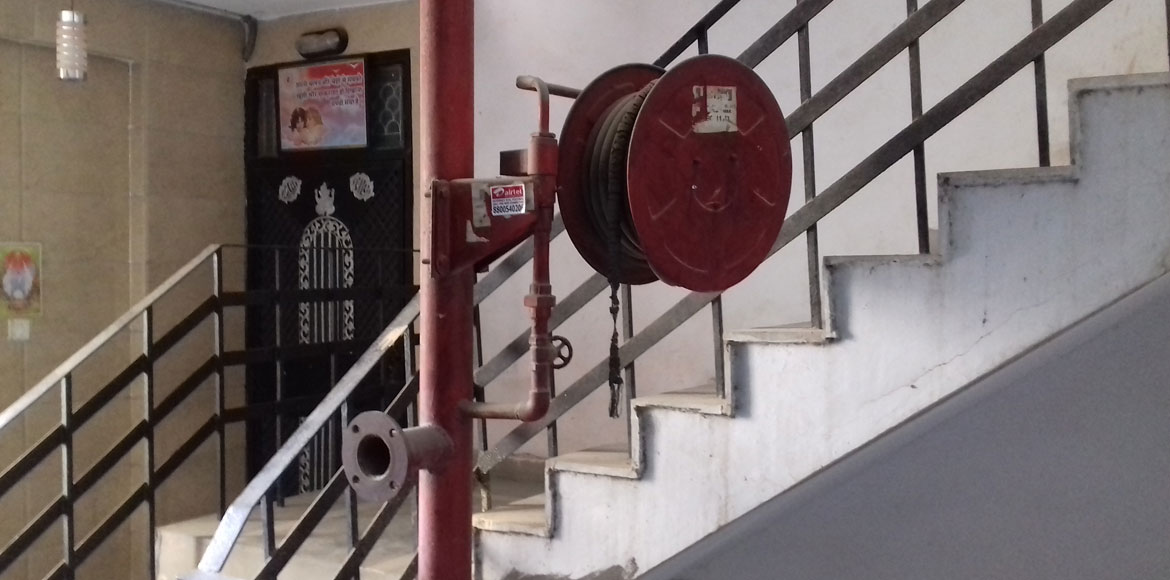
Procedure and punishment
“In the case of minor or major tragedy within the premises, people generally assume the fire department is authorised to penalise the management of a particular society but that is not the fact. The Ghaziabad Development Authority (GDA) has the powers to punish for non-compliance of laid norms,” said fire officer Sunil Kumar Singh.
But the role of GDA comes later as there are stages to file a complaint in the case of violation.
“First and foremost, the residents can apprise about it to the builder or residents welfare association (RWA), following which, a warning letter will be issued. If the situtation is still the same, the fire department of the area can be approached. Lastly, it is the GDA which is authorised to take appropriate action,” Singh added.
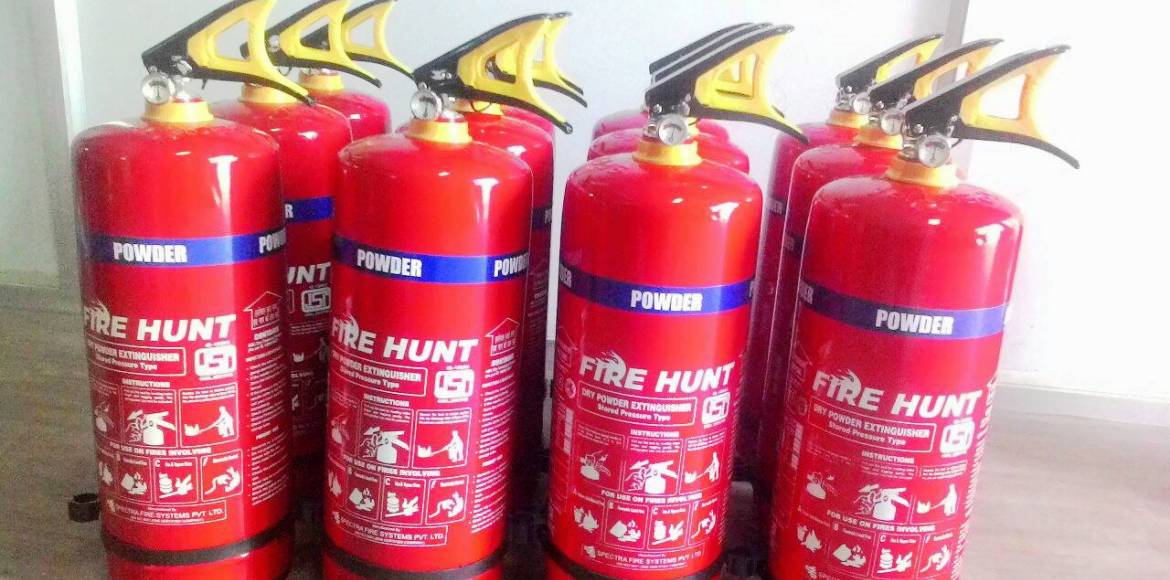
‘Mock’ drills
Though these drills take place from time to time, but the way they are conducted within the society premises proves to be ‘mere eyewash’.
City Spidey team spoke to the residents, members of management in several societies across Ghaziabad, Noida and Gurugram and observed that such drills are conducted just twice a year in almost every residential apartments.
“It is about people’s lives. Such drills are meant for them only but sadly, residents do not take it seriously. Then how will they be able to avert and face grave situations? These drills should be made mandatory in all the societies as it is their prime responsibility,” SK Singh asserted.
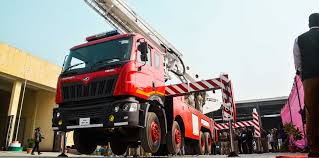
Poor upkeep of fire equipment
This is one of the key reasons which aggravates the situation. Defunct smoke detectors, fire extinguishers, sprinklers, broken buckets should be immediately repaired without any excuse. Besides, regular audit of fire fighting systems is the key to prevent fire-related incidents.
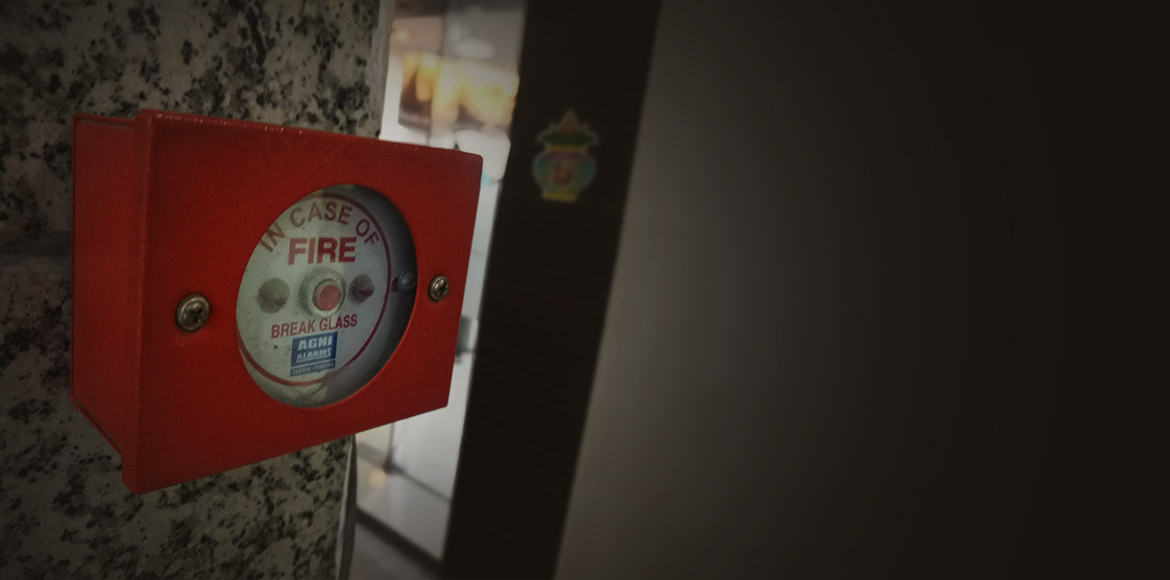
People’s behaviour
It is common to demand facilities in return for money paid and accuse or blame in the time of crisis but people often forget to carry out their own responsibilities. In the case of any mishap, residents take no time to blame the management of the society. But are they really sure about their AC which needs repairing? Do they really care about the dangling wires peeping out of the meter box? How willing are they to really understand and be aware of safety norms and measures? Do they really care about them and others? Well the queries can go on and on.
‘Society’ itself means ‘the aggregate of people living together in a more or less ordered community’. Hence, a proactive, collective effort from each one of us and at every stage is expected to keep the high-rises ‘above’ fire risks!
